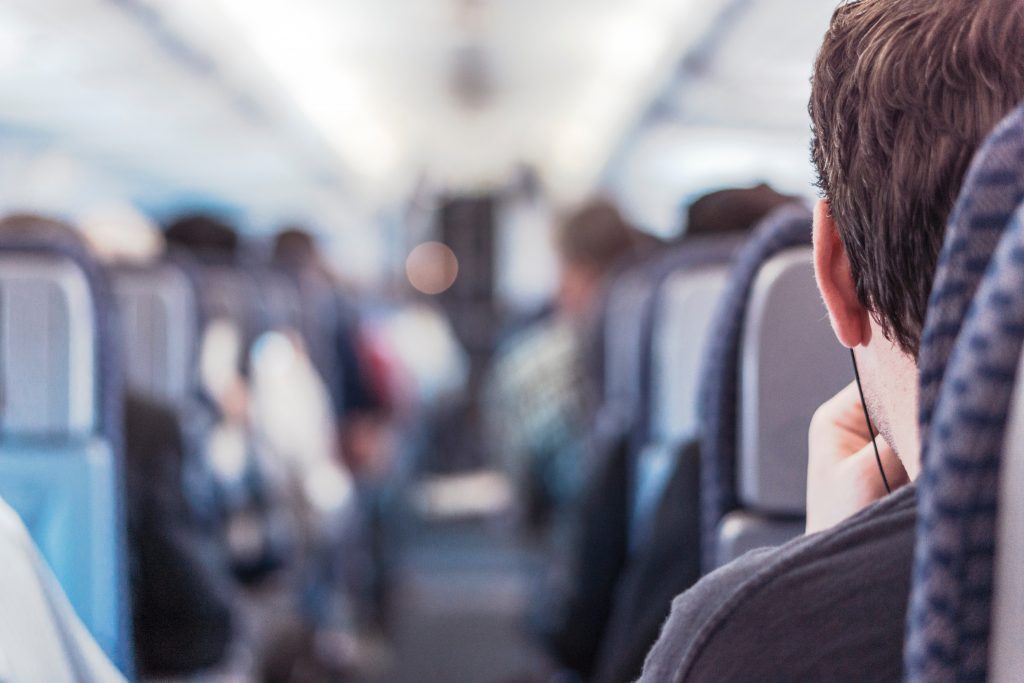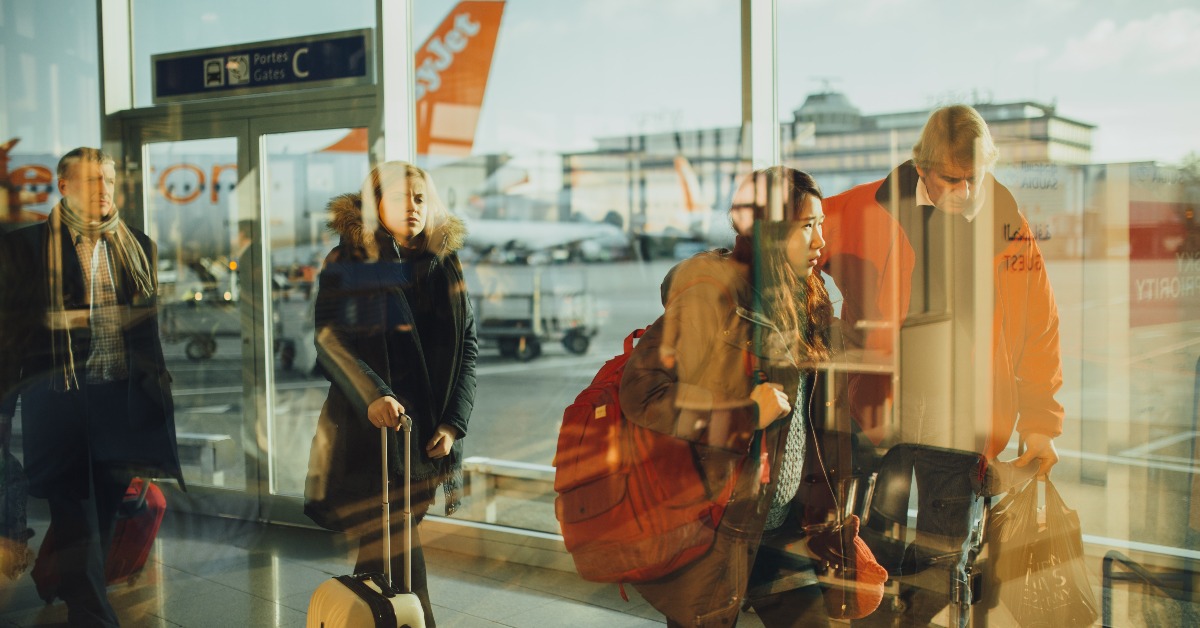It is no secret that the airline industry is doing very well. With technology disrupting services, the smart carriers are learning to take advantage of every single touchpoint of the customer journey. The purchase of additional services along the booking process is definitely one point airlines should spend more time on trying to leverage.
The world of “ancillaries” has a lot of great outcomes. In fact, according to Skift, numbers are expected to increase by 15% by 2021. Becoming a big chunk of the expected growth in revenue for airlines all around the world.
However, the active selling model carriers have today might soon stop working as it is not reaching its full potential. The hyper-personalisation, a phenomenon that has long taken over the travel industry, strongly applies to this service too. Currently, selling the same bundle of ancillaries only work on a small percentage of the users. Lacking the ability to curate and display the perfect additional service for each specific type of client is making users skip this step when booking. Moreover, since it is not perceived as useful for many, customer satisfaction can be negatively impacted.
Learning from what is out there
Although most airlines used to adopt the same strategy when selling ancillaries, some now have been developing new ways to approach customers and convert more.
Leaving the idea of “the more offers the merrier” behind, these companies are now turning to innovative technologies such as artificial intelligence and machine learning to create smarter options and increase customer satisfaction. These technologies not only allow companies to personalise according to the customer’s needs but it can provide the hyper-personalisation factor by understanding the customer demand at that specific moment of that specific trip, and predict the most suitable ancillaries to show.
Undoubtedly, being able to add value to this step of the customer journey will benefit airlines when it comes to the consumer experience. Kajal Narasimha (Managing Director, merchandising and personalisation at United Airlines) says “At United, we’ve found that customers who buy ancillary services from the airline have higher customer satisfaction when compared to those who don’t”. “So it’s really important for us to create products and services that resonate with our customers, and to create a buying experience that caters to their different needs.”.
With that in mind, the result of a strong ancillary services strategy for airlines is not only delivering the perfect information at the right time but also making customers feel as if they were helped. The more positive feelings are attached to the experience, the better is the customer satisfaction, and presenting simple and convenient solutions are always a great way to get there.

The answer is on what you are doing now
Elaborating an ancillary services strategy for airlines may seem like a hard task, but the secret to success is to start looking at what you already have. When trying to offer solutions, start with existing problems that you can easily identify. The deeper you go into the strategies, the better the outcome will be. The most important thing to realise is that the technology is already out there.
Machine learning is definitely gaining a lot of space and attention among all the other alternatives. United Airlines have incorporated this technology to help clients on the moment of purchase. A great example is how the carrier implemented the technology to assist users in buying seat add on’s. Taking into consideration past purchases – if the passenger chose window or isle, or more leg space – the technology is able to recommend the perfect offer and reduce the client’s hassle of going through a long list of options. Due to this strategy, the airline has managed to considerably increase the number of purchases since customers liked the fact that the decision-making process got easier.
Altering prices is also a strategy that is becoming more common as time passes. Some airlines such as Iberia, have long incorporated the bidding strategy where customer can bid on specific tickets. Now, it is not unreasonable to see other carriers using the same auction-style technique to upsell clients. The idea to offer the “eBay experience” so users can upgrade their journey is actually very interesting and the results are making it very attractive. Scandinavian Airlines and Etihad are liking the outcome of their new fluctuant price strategy. The latter has “seen a 23 percent increase in the average fare we receive.”, says Tristan Thomas, Head of Corporate Strategy, Analytics & Innovation at Etihad.
The techniques to develop an effective ancillary services strategy for airlines have already been developed and the potential proven by industry players. With the growing rate of the industry, leveraging this touchpoint is something airlines should strongly consider doing shortly. Customer satisfaction being something so critical and fragile nowadays, taking the time to think may cost more than implementing such a strategy.




